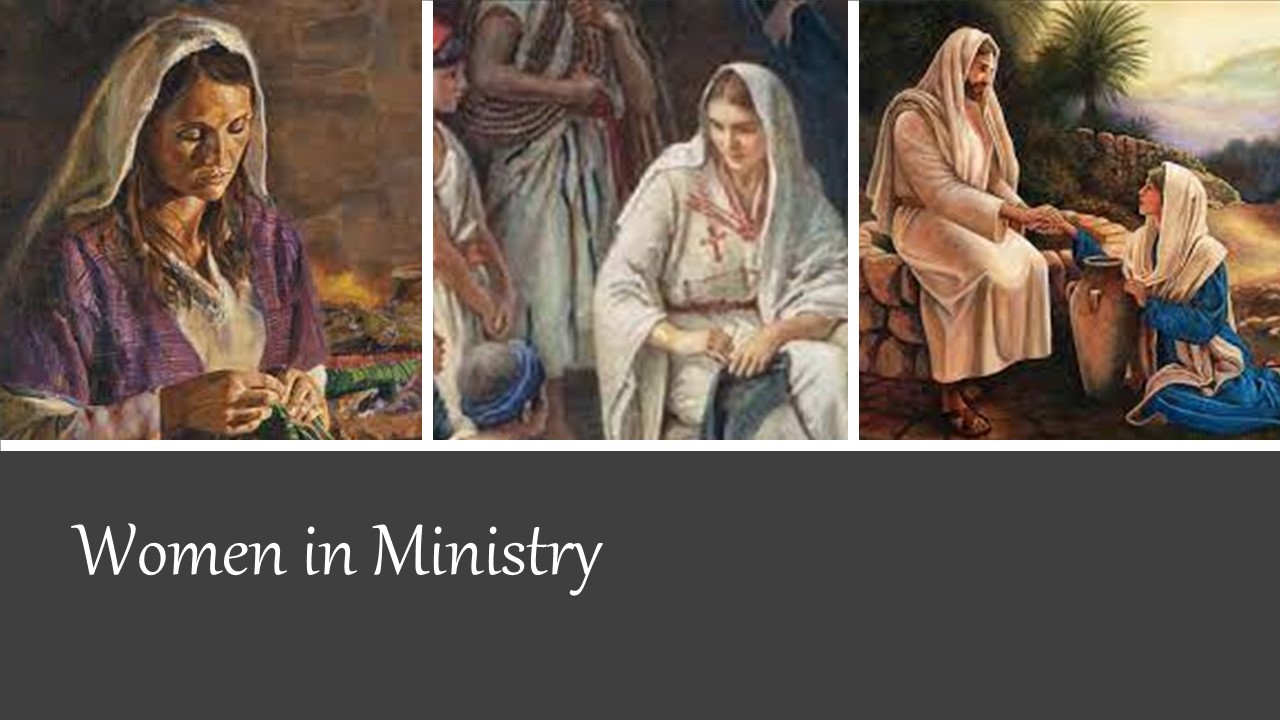The Parable of the Two Sons (Matthew 21:28–32), delivered to the chief priests and elders during Jesus’ final week in the Temple, is a short, sharp prophetic rebuke that contrasts spiritual authenticity with religious pretense. Jesus presents a father who instructs his two sons to work in the vineyard. The first son outwardly refuses ("I will not") but later changes his mind and goes; the second son outwardly agrees ("I go, sir") but fails to follow through. By forcing His self-righteous opponents to concede that the first son—the one who did the father's will—was the obedient one, Jesus shattered their illusion of superiority, making the parable a powerful, direct confrontation that demanded an immediate internal decision.
Jesus then applies this parable with devastating clarity, declaring that tax collectors and prostitutes are entering the Kingdom of God ahead of the religious leaders. The first son represents the social outcasts—those who had outwardly lived a life of rebellion but were now responding to the call of prophets like John the Baptist with genuine repentance and resulting action. The second son, with his respectful but empty words, represents the religious establishment: those who had every appearance of saying "yes" to God through meticulous ritual and tradition, but whose hearts and actions were defined by refusal and disobedience. Jesus reveals that God is unimpressed by spiritual talk or titles; He values the concrete action of obedience over the flattery of mere profession.
Ultimately, this parable offers a challenging truth and a profound invitation: God honors repentance over ritual, and His kingdom is for the obedient, not the pretenders. It reveals that Jesus is a Savior who confronts the complacent while simultaneously holding the door open for the broken. The beauty of the first son's journey is that his past "no" does not define him; his active turning demonstrates the kind of repentance God desires—one that moves beyond passive guilt to active obedience. The parable is a perpetual call to self-examination, urging all listeners to ensure their spiritual lives are marked by genuine transformation and "doing" the Father's will, rather than just "saying" the right things.

The debate about whether or not Christians should celebrate Christmas has been raging for centuries. There are equally sincere and committed Christians on both...

There has long been debate over whether women can be pastors, elders, or even Bible teachers (particularly when their students include men). Christians can...

The basic theme of Romans is justification by faith-the great truth that, more than any other factor triggered the Protestant Reformation. The word justification...